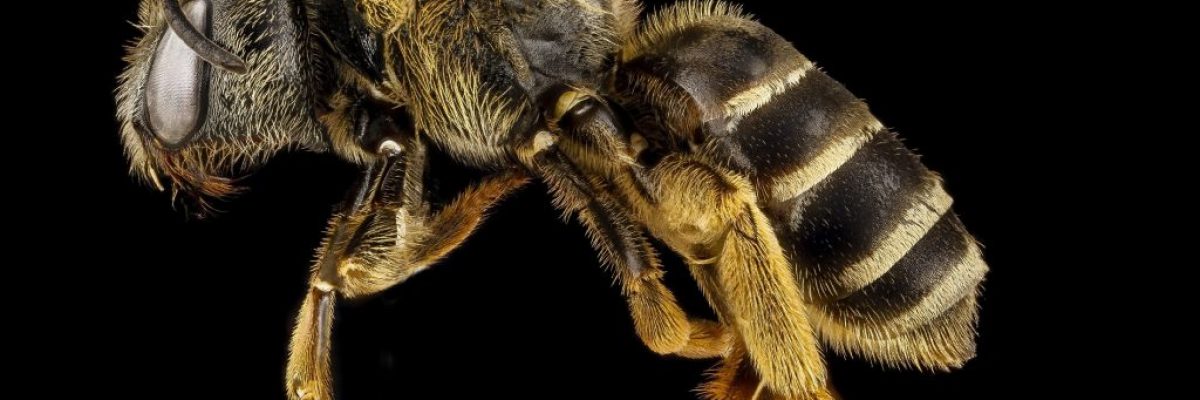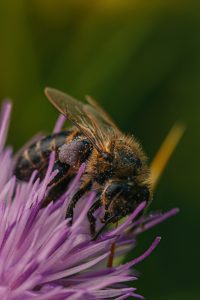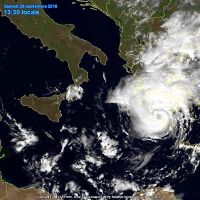Much has been said about bees disappearing around the world as has been previously described in Economark’s articles. Bees serve as the main flower-pollinators, and are therefore a central asset in food production. In recent years, there has been an improvement in bee population numbers yet bees are still considered an endangered species.
Many factors threaten the bee population worldwide: climate change, disease, pesticides and of course loss of habitat. Bee populations struggle to survive as there is not enough pollen in their environment, the numbers of flowering plants are decreasing, and there’s a decline in plant diversity.
Many people think that the contribution of bees to humanity is mainly in the production of honey. That is far from true. Bees are the main plant pollinators. Without them, many plant species would die. This will cause starvation, for humans and for all living organisms that feed on plants, which would collapse the entire food chain.
Researchers Mark Mescher and Consuelo M. De Moraes, from the University of ETH in Zurich, researched bees’ behavior when there is a shortage of pollen. The researchers found that the bees bite leaves, actually damaging the plant, which in turn stimulates faster flower growth. As a result, the flowering of the plant is accelerated in some cases even by a whole month. The phenomenon was initially observed under laboratory conditions and then also in field observations.
Researchers have been trying to artificially recreate this effect on plants under laboratory conditions, using tools such as forceps and razors to injure plants, mimicking the bees’ technique. However, the process was unsuccessful and did not expedite flowering in the same way bees had. It is now believed that bees have a unique ability based not only on a mechanical process, but also on the introduction of various chemicals into the plant’s leaves. Understanding the bees’ mechanisms, which allows control of flowering times, can help restore the bee population and significantly expand agricultural produce. Using this insight may allow farmers to gain control of the speed of flowering, prolong flowering time and possibly predict the season’s fruit availability.
The role of bees is acute in so many ways, so protecting them must be our top priority.
Source links:








